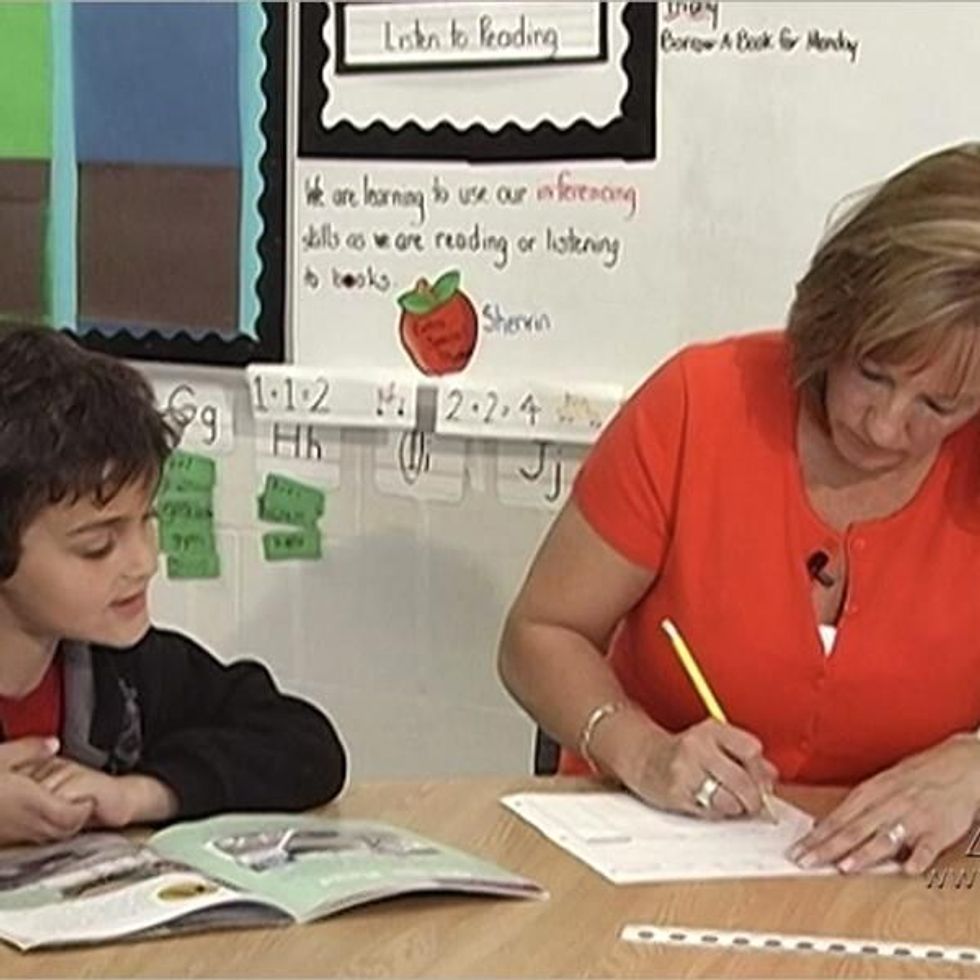During the first few weeks of school, I will need to collect data on all of my students. The background information that I receive may be misleading and not an accurate depiction of how my students will perform. I will need to take into account the schools that they came from and the curriculum that was taught there, as well as the teaching methods that were implemented. I will also need to obtain information on the school’s neighborhood and what my student’s home life is like. Do they have two working parents? Are they involved in a difficult situation such as divorce or imprisonment? Do they have many responsibilities at home? Knowing these facts about my students will help me to understand them on a personal level. For example, perhaps most of my students are juniors and seniors and have part time jobs. A significantly long homework assignment may be more difficult for these students to complete. This also may be why they are falling below grade level. They just simply might not have the time. To accommodate them, I can skip some days for homework, or create shorter assignments that still incorporate skills and content.
For the first week of school, I would like to do a share out with my students. This will also help the students socially so that their peers can get to know them as well as myself. I will ask students to share their name, age, birthday, and one or two interesting facts about themselves. If they are not comfortable sharing out, I will have them write the information on an index card so I have the information for myself. By knowing their interests and personal anecdotes, I will be able to tailor their lessons with their specific needs in mind.
Before I jump straight into teaching my students their content, I would like to see how well they do on a mock test. It would incorporate writing strategies, reading comprehension. I will also include some questions based on the previous year’s content. I would like to see how well they can answer these questions, so I know where I should start. From their reading comprehension scores, I will also be able to determine how well they read, if they can infer, and if they can analyze. These are all skills that my students will need for Social Studies. Writing is also a big part of Social Studies. If I include fill-ins on the test or a short paragraph, I will be able to determine if my students are good at constructing sentences and use a variety of vocabulary. I can then tailor lessons and assignments at their level, and gradually scaffold my students to a higher level of thinking with more difficult work.















